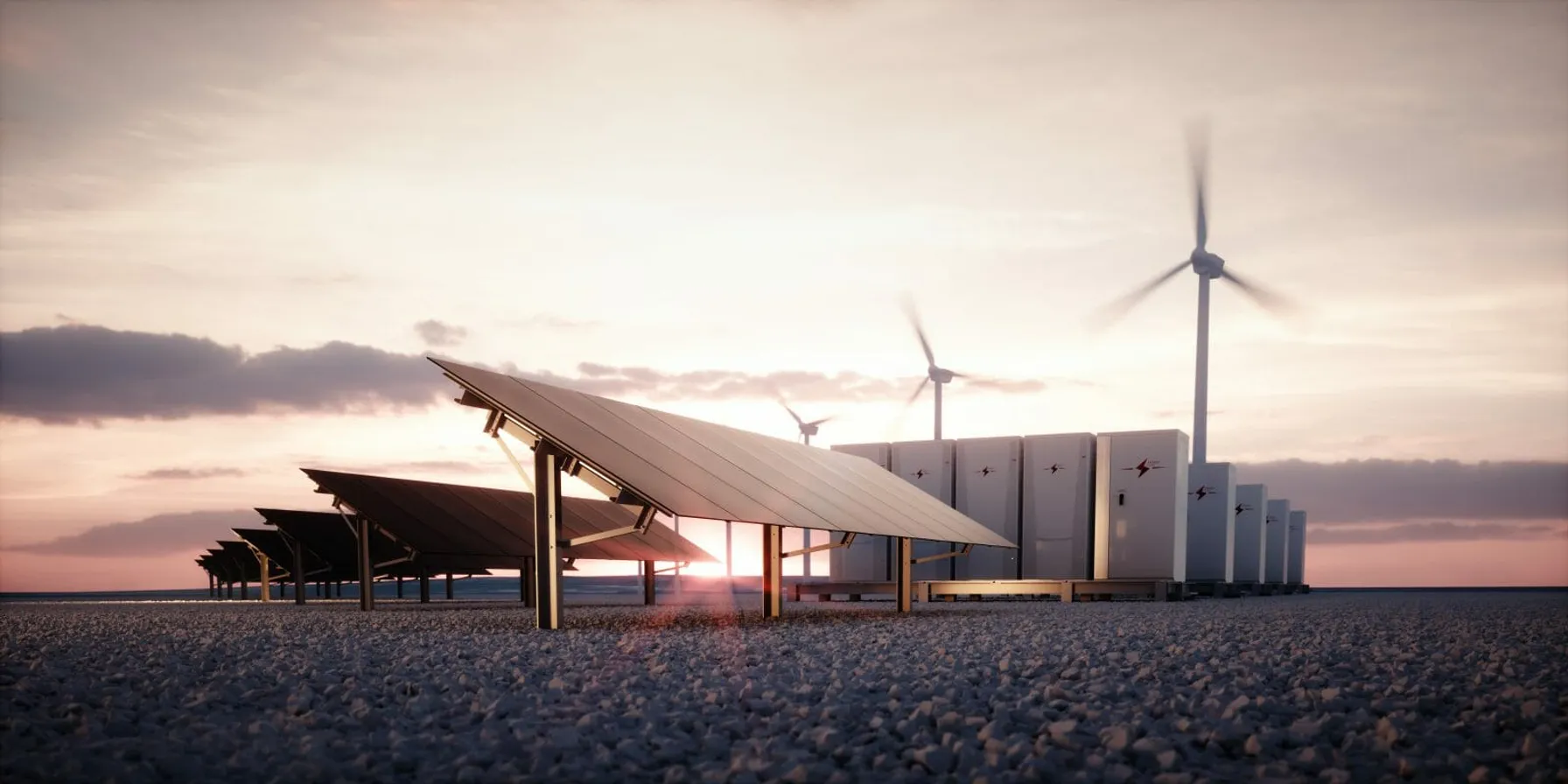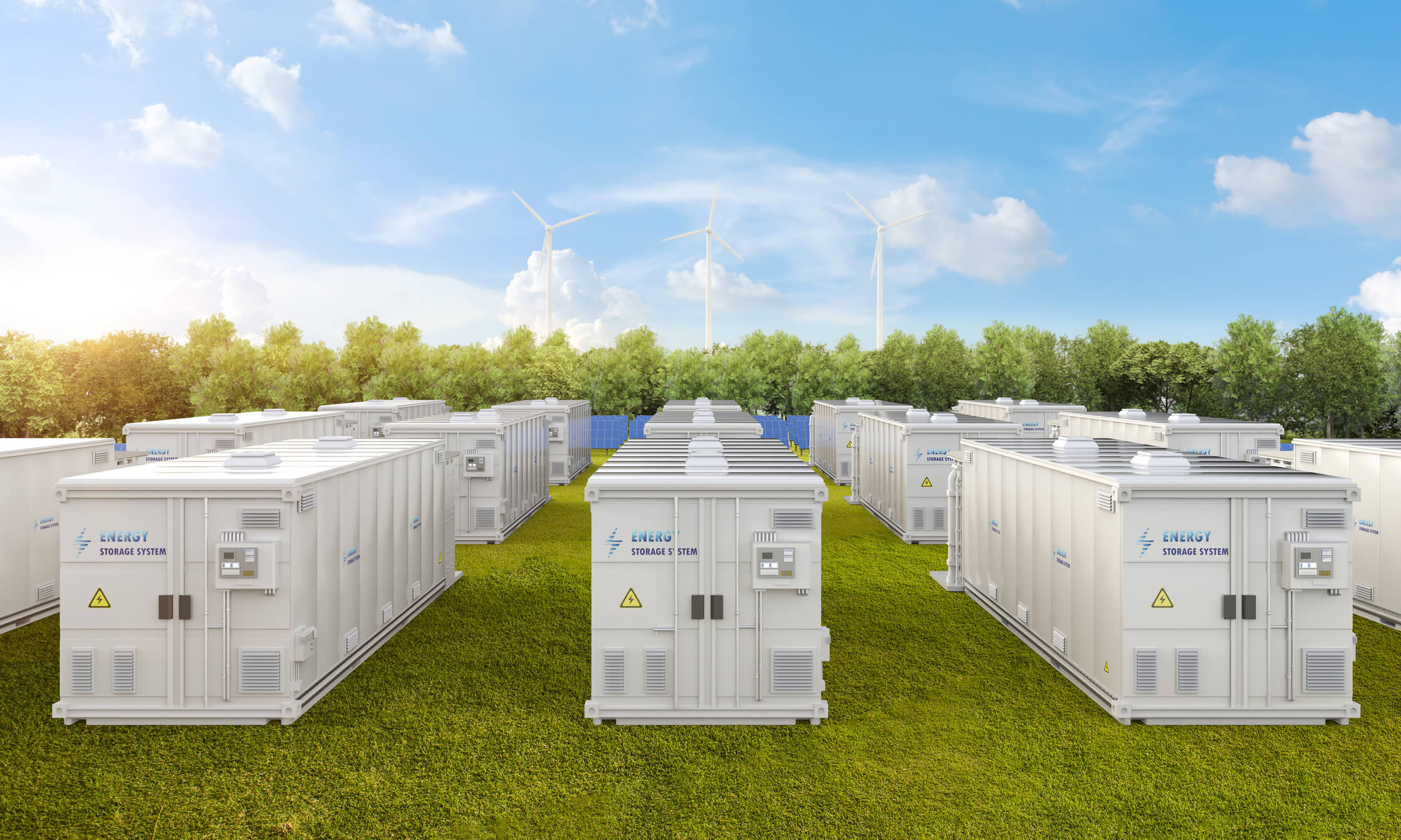NERC’s BESS guideline defines Hybrid Resources as:
- a generating resource that is comprised of multiple generation or energy storage technologies controlled as a single entity and operated as a single resource behind a single Point of Interconnection (POI).
Hybrid resources provide new benefits to the power system by combining operational capabilities involving different technologies. There are multiple hybrid configurations (e.g., AC-coupled versus DC-coupled) and their complexities create a need for additional guidance.






